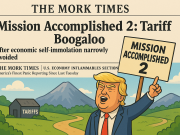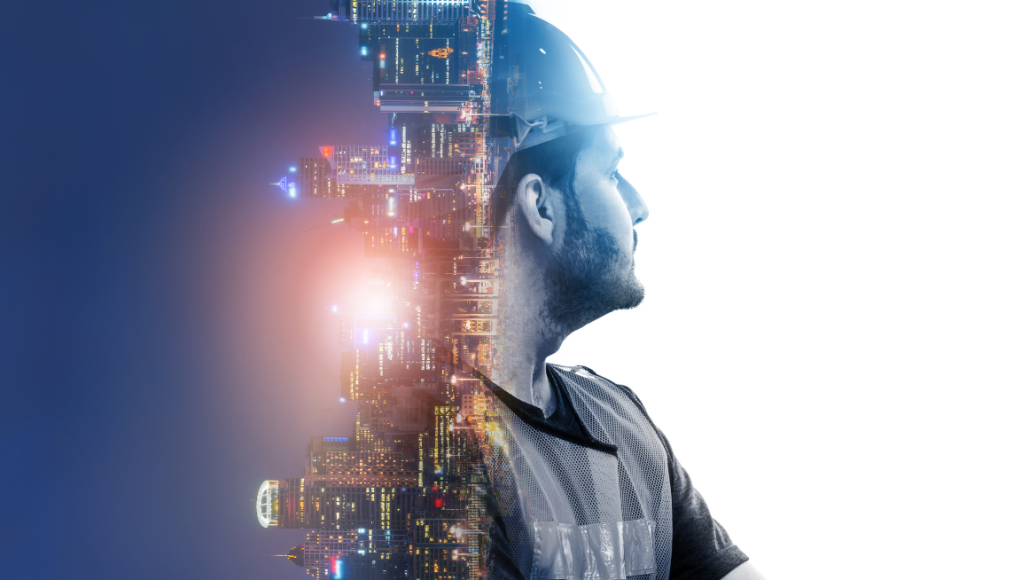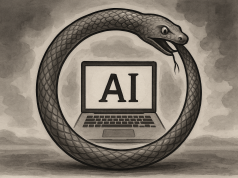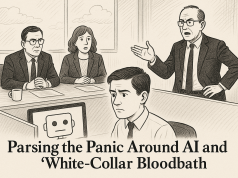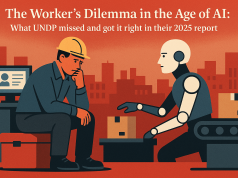In an age where technology is the cornerstone of innovation, businesses are rapidly embracing artificial intelligence (AI) and automation to enhance efficiency and stay competitive. This digital transformation is not only revolutionizing the business landscape but also significantly impacting the workforce. As we stand at the cusp of this new era, it’s essential to understand how AI and automation are reshaping job roles, the demand for new skills, and worker expectations.
The integration of AI and automation into the workplace has been a double-edged sword. On one side, it offers unprecedented opportunities for businesses to improve productivity, reduce operational costs, and refine customer experiences. On the other hand, it presents a formidable challenge to employees whose jobs might be altered or rendered obsolete by machines. Yet, it is not solely a narrative of replacement but one of transformation and empowerment for the savvy workforce.
To address potential job displacement, companies must actively engage in upskilling and reskilling initiatives. By providing training programs that focus on digital literacy, critical thinking, and problem-solving, employers can prepare their workforce for a future where human-machine collaboration is the norm. This investment in human capital is not just a corporate responsibility; it’s a strategic move that ensures a company’s relevance in the marketplace.
Another facet of this evolution is the shifting expectations of workers. Millennials and Gen Z, who are becoming increasingly dominant in the workforce, seek meaningful work that offers growth, flexibility, and a balance between professional and personal life. A tech-enhanced workplace can cater to these aspirations by automating mundane tasks and enabling a focus on more creative and strategic endeavors. This shift can lead to higher job satisfaction and retention rates if managed effectively.
However, the transition to a more automated workplace could induce anxiety among employees who might fear being left behind. Companies have the onus to create a supportive environment where transparent communication about technological changes is standard practice. This openness can alleviate concerns, foster trust, and promote a culture of inclusivity.
To maintain competitiveness and employee satisfaction, businesses must develop a culture of continuous learning and adaptability. Encouraging a growth mindset enables employees to view challenges as opportunities and empowers them to take charge of their own professional development. Moreover, by leveraging AI and automation, companies can provide personalized learning experiences and career development tools that cater to the individual needs of their employees.
In conclusion, as we embrace the future of work, the intertwining relationship between AI, automation, and the workforce becomes increasingly complex. By anticipating these changes and proactively supporting their employees, companies can ensure that both their business and their workforce thrive. The journey ahead requires collaboration, innovation, and a steadfast commitment to cultivating a work environment where human potential is fully realized through the symbiosis with technology. The Work Times stands dedicated to chronicling these transformations and guiding businesses and workers alike through the evolving world of work.















